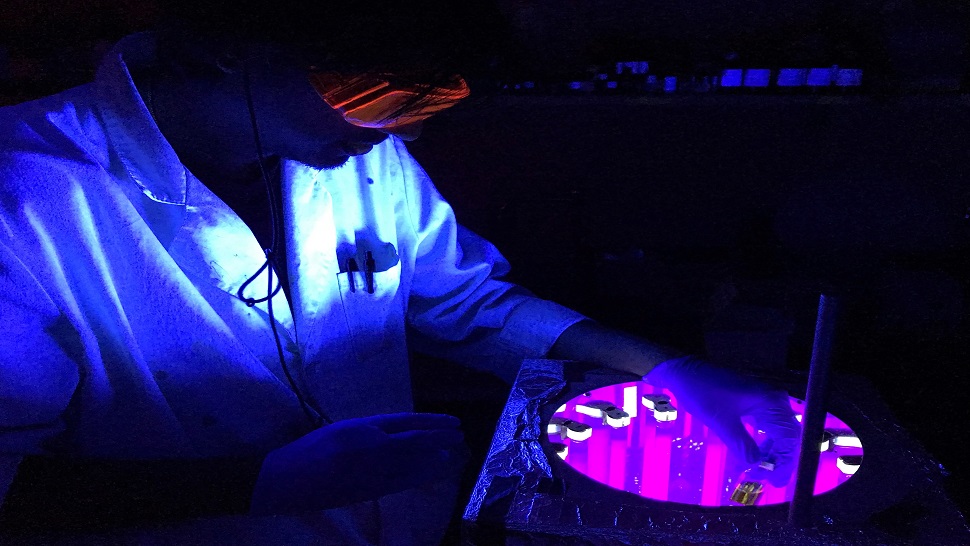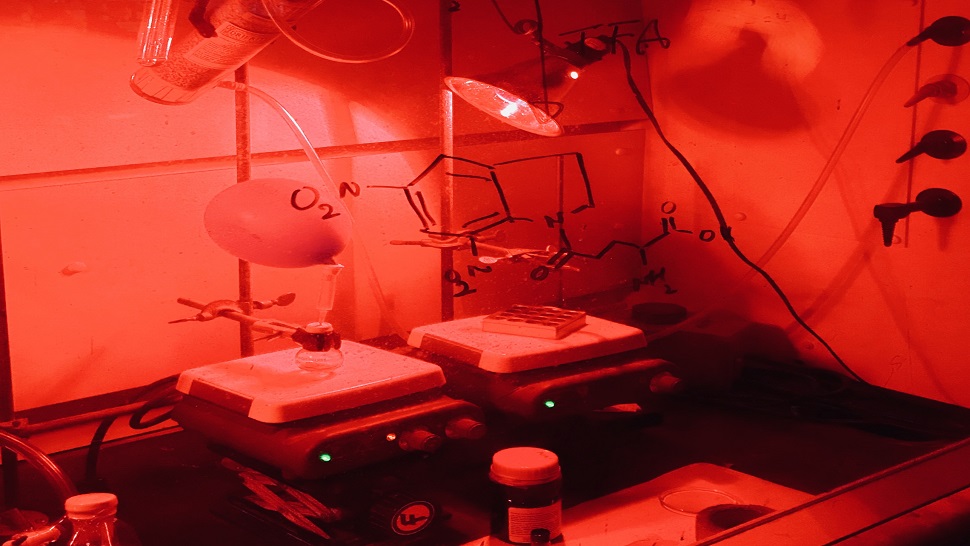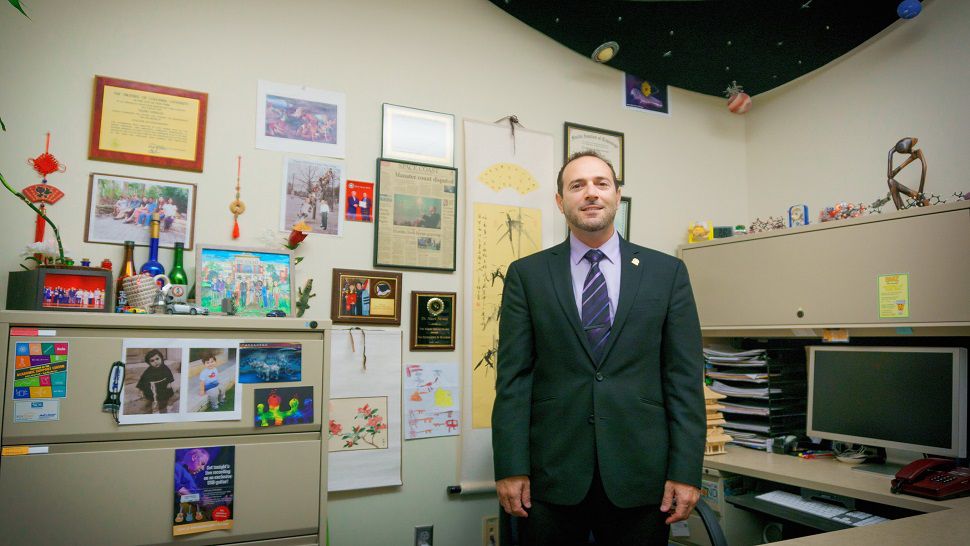MELBOURNE, Fla. -- A promising study out of Florida Tech hopes to shed light on the mysteries of the human brain -- work that could unlock clues to Alzheimer's and dementia.
- Florida Tech developed fastest method to map brain activity
- Uses light to find neurotransmitters responsible for disease
- Can become crucial to diagnosing, treating Alzheimer's
They have developed the fastest method yet to make important, light-triggered molecules map brain activity.
Chemistry professor, Nasri Nesnas, is part of a team that has created a molecule -- a variation of an inactive form of the neurotransmitter glutamate -- used by neuroscientists at Columbia University.
Neuroscientists use light to switch on glutamate, which plays a key role in brain activities linked to emotion and memory.
"You design a switch that can be turned on by light with precise timing, in the brain," Nesnas told Spectrum Newa. "So that tells you which neuron talks to which neuron, and so forth."
It's done using light from a laser to focus on specific parts of the brain that release electrical signals, which can be measured.
Nesnas says the light activates inactive neurotransmitters, which leads to the firing of neurons that could be responsible for diseases like Alzheimer's.
"We have to understand what is going on in the brain that causes these diseases," he said. "This is a big step forward (in) understanding the details of how neurons communicate."
Michael's Meara's 84-year-old uncle Joseph Corcoran is a resident of the Memory Care unit at Grand Villa of Melbourne Assisted Living Facility.
"He was going to his doctor's appointment's on the wrong time, he was forgetting about them, and he was driving kind of weird," Meara said.
That was 2014, when Joe was officially diagnosed with Alzheimer's Disease.
They decided his uncle needed full-time help, and they moved him in here, eventually to this specialized area.
It was a difficult decision, as Michael's uncle was once a successful businessman and very independent.
This study gives hope to this couple dealing with a struggling family member.
"He's a good person, he's worked hard all his life," Meara said. "I have a lot of faith something good will come out of it".
Alzheimer's Disease is the sixth leading cause of death in the United States. Nearly six million Americans are currently living with the disease.






